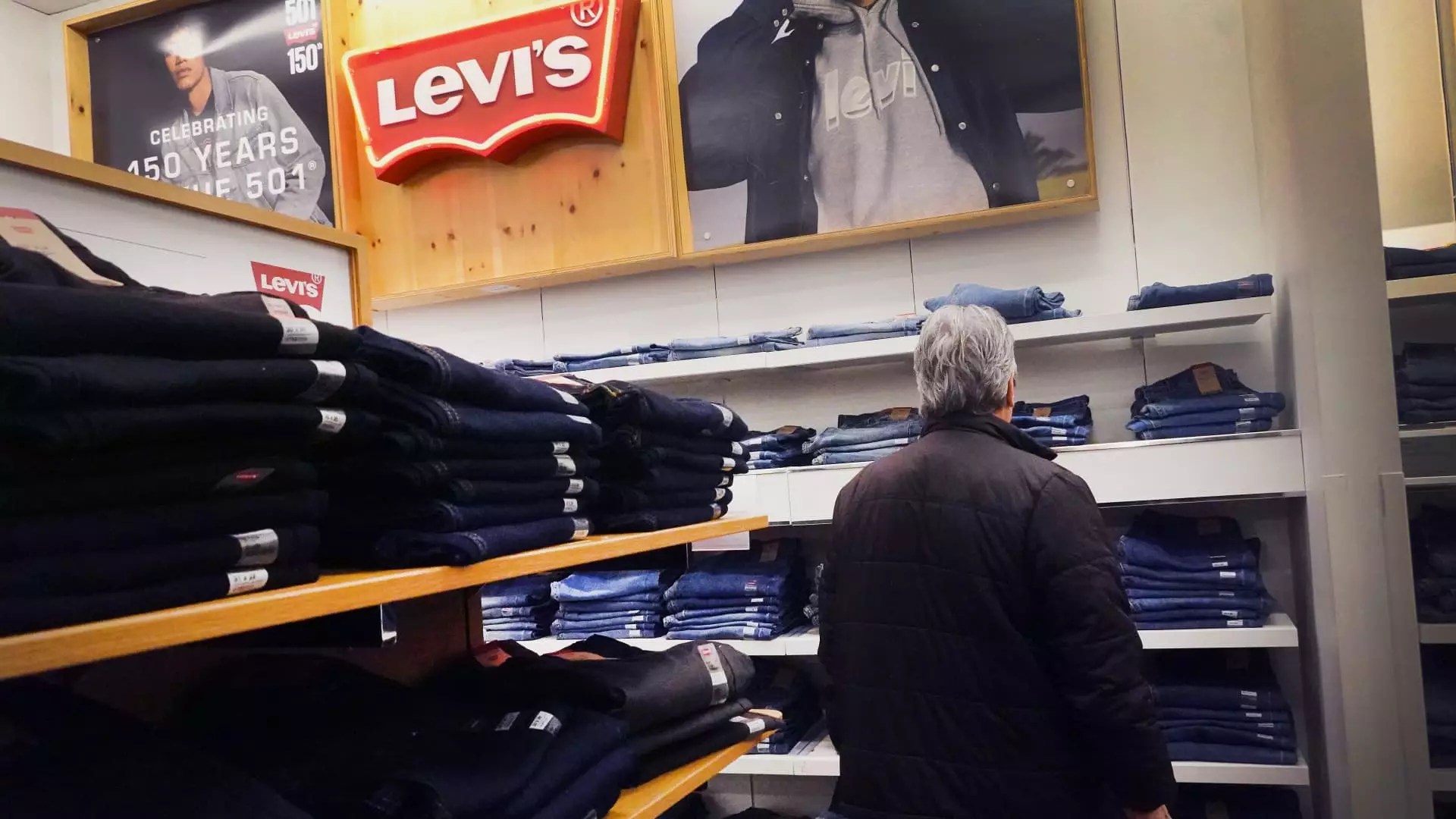The stock market is often a barometer for the future of technology and innovative sectors, and recent fluctuations among semiconductor companies underscore this trend. Wolfspeed, a leading player in silicon carbide semiconductors, has seen a significant drop in its stock price, falling nearly 5%. The decline follows a reassessment from Mizuho, which downgraded the company’s rating from neutral to underperform. Analysts are reportedly concerned about the projected pricing for silicon carbide, predicting a downturn of 10% to 20% year-over-year by 2025. This anticipated drop reflects broader issues within the electric vehicle (EV) market, including lower production expectations through the end of this year and into the next.
Contrasting the struggles of Wolfspeed, Nvidia appears to bask in the glow of positive market sentiment. Shares of the AI chip behemoth rose by more than 1% after CEO Jensen Huang highlighted overwhelming demand for their upcoming AI graphics processor, Blackwell, during a recent interview with CNBC. The anticipated launch in the fourth quarter has generated excitement among investors, as Nvidia aims to stay at the forefront of a rapidly evolving AI landscape. Huang’s upbeat remarks reflect a company committed to meeting the burgeoning needs of the tech industry, which could offer a robust path forward against competitors.
In the health technology sector, Hims & Hers Health witnessed a sharp decline of around 9% as it contended with changing dynamics in the market for GLP-1 treatments. The U.S. Food and Drug Administration’s announcement that Eli Lilly has resolved its supply shortage has left Hims & Hers in a precarious position. The company had previously capitalized on this shortage by developing compound versions of popular weight-loss medications. The reinstatement of regular supply chains represents a major challenge for Hims & Hers as it navigates the heightened competition in telehealth and pharmaceutical services.
On a brighter note for the electric vehicle sector, EVgo has surged more than 9% following an upgrade from JPMorgan, advancing its stock to an overweight rating. Analyst Bill Peterson attributed this bullish outlook to the company’s impressive utilization rate in the electric vehicle charging space compared to its competitors. Moreover, EVgo’s owner-operator business model positions it favorably as the demand for EV infrastructure continues to grow. Such upgrades reflect confidence in the company’s strategic direction and market potential.
Struggles of Levi Strauss
Levi Strauss has not been able to keep pace with these positive moves. The iconic denim brand experienced a staggering 12% decline after revealing a reduction in its full-year revenue guidance alongside disappointing fiscal third-quarter results. The company’s plans to potentially divest its underperforming Dockers business reflect a challenging retail environment and a strategic pivot in response to changing consumer preferences.
Mixed Results for Constellation Brands and Stellantis
Meanwhile, Constellation Brands achieved a modest increase as it reported fiscal second-quarter earnings that exceeded expectations. Although revenue slightly missed the mark, the company managed to deliver earnings of $4.32 per share, surpassing estimates of $4.08. In contrast, Stellantis’ stock fell more than 3% following a downgrade by Barclays, with analysts admitting to previous miscalculations concerning the automaker’s inventory issues and declining market shares.
These companies illustrate the volatility and ever-changing landscape within key sectors, as they adapt to market conditions and investor sentiments.


Leave a Reply